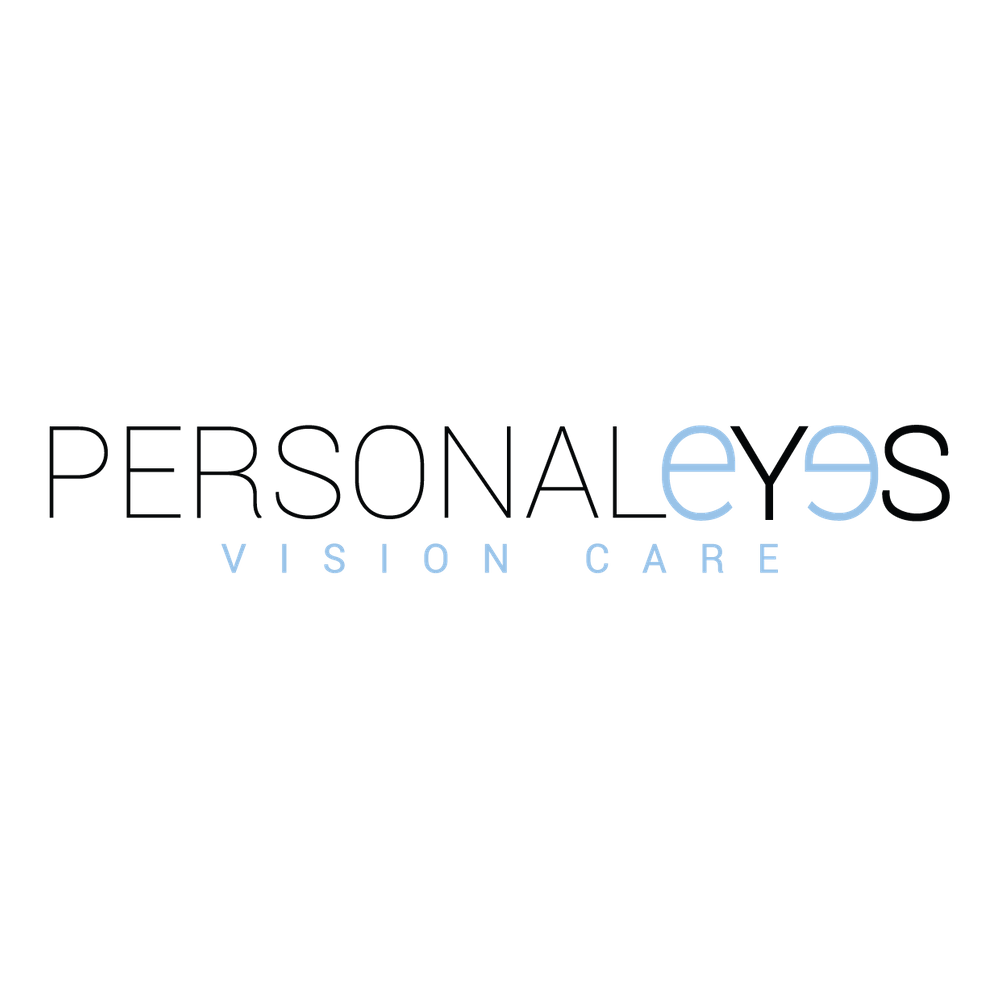My Child Has Myopia – Now What?

My Child Has Myopia—Now What?
Trouble seeing the board at school, frequent squinting, complaints of headaches, a rising amount of screen time—whatever prompted you to schedule an eye appointment for your child, it was clear: something was wrong. Next, you learn that your child has myopia or nearsightedness. What do you do now?
First, it’s important that you do something. That may seem obvious, but it’s crucial to act because myopia often meant glasses with continually higher prescriptions as the condition progressed. CooperVision’s myopia simulator can give you a glimpse of what that progression looks like through the eyes of a child. The world’s understanding of myopia has developed, along with the necessary technology. Now we can do something to slow the progression of myopia, and we must.
Not only does slowing the progression of myopia help preserve your child’s vision, it keeps their eyes healthier and at less risk for serious eye conditions later on such as cataracts, glaucoma, and retinal detachment, all conditions that can lead to visual impairment and even blindness.
Fortunately, you have options to support your child’s eye health and keep their future bright. In our practice, we can walk you through myopia management options, including CooperVision’s Brilliant Futures™ Myopia Management Program with MiSight® 1 day contact lenses. It’s a simple and safe solution proven to slow myopia progression by about 59% on average.
Research also tells us that compared to children in glasses, children in contact lenses report better quality of life, especially for recreational activities and their self-perceived appearance.
We believe that kids should grow stronger, but their nearsightedness shouldn’t. Call us at (XXX)XXX-XXXX or email us at [practice email] to schedule a time for a conversation about myopia and your options to support your child’s eye health.
References:
- Flitcroft DI. The complex interactions of retinal, optical and environmental factors in myopia aetiology. Prog Retin Eye Res. 2012;31:622-60.
- Chamberlain P, et al. A 3-year randomized clinical trial of MiSight® lenses for myopia control. Optom Vis Sci. 2019; 96(8):556-67.
- Rah MJ, et al. Vision specific quality of life of pediatric contact lens wearers. Optom Vis Sci2010;87(8):560-6.
Tags: Contact Lenses, Contacts, Dr. Patel, Eye, Eye Doctor, Eye health, Eyecare, Eyes, Eyewear, Myopia, Nearsighted, Ortho-K, OrthoK, Orthokeratology, Therapy, Vision Care
